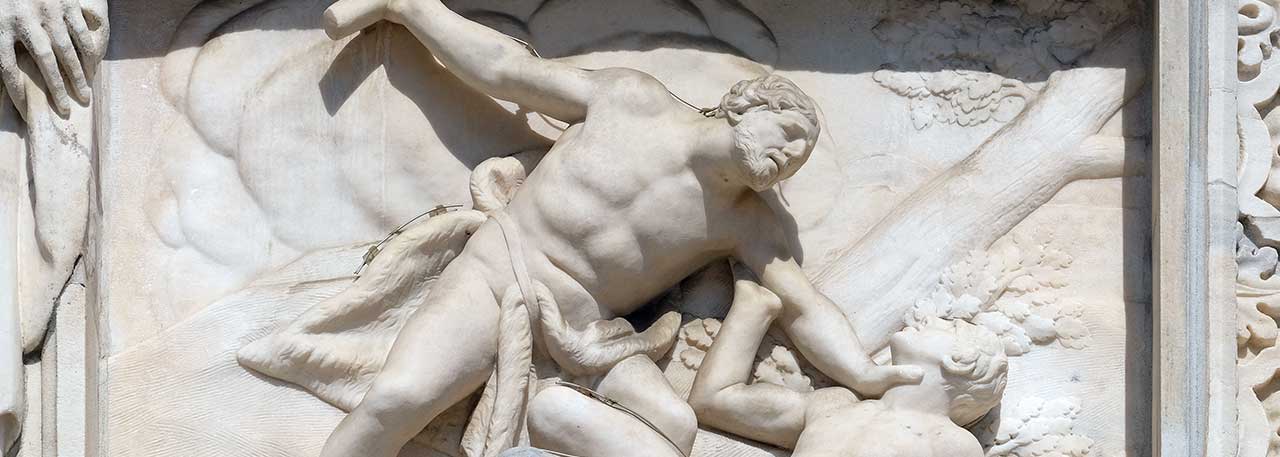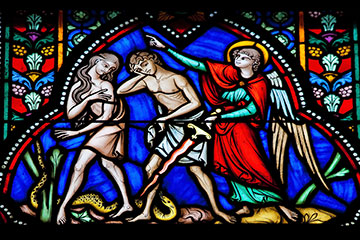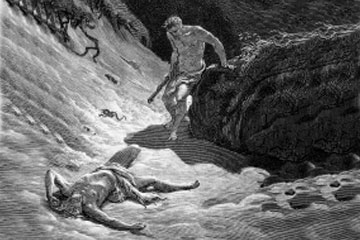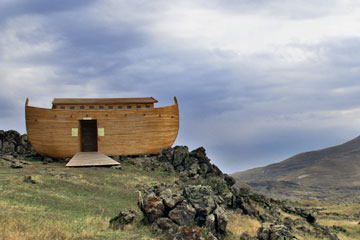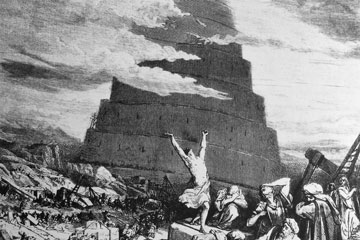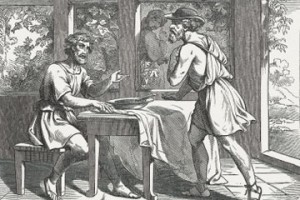Read the Literal Story
Now Cain talked with Abel his brother; and it came to pass, when they were in the field, that Cain rose up against Abel his brother and killed him.
Then the LORD said to Cain, “Where is Abel your brother?”
He said, “I do not know. Am I my brother’s keeper?”
And He said, “What have you done? The voice of your brother’s blood cries out to Me from the ground. So now you are cursed from the earth, which has opened its mouth to receive your brother’s blood from your hand. When you till the ground, it shall no longer yield its strength to you. A fugitive and a vagabond you shall be on the earth.” (Genesis 4:8-12)
What Does It Mean in my Life?
In its natural sense, the Fifth Commandment forbids the destruction of a person’s natural life. In its spiritual sense, it forbids the destruction of a person’s spiritual or heavenly life. The story of Cain killing his brother Abel is not just a tale of murder, but represents how we are our brother’s keeper in many ways.
Probably there is not a person who reads this who would deliberately set out to destroy another’s faith in God. In spite of the doubts that sometimes arise in our minds and to which we sometimes give expression, we are not atheists. But still we can, even as youths, break the Fifth Commandment in its spiritual sense—we can, and we frequently do.
Have we ever introduced another person to an evil? If so, we have at least attempted spiritual killing. A boy introduces a girl into a disorder she does not really want, but she gives in to him in order to keep what she thinks is his friendship. He can sneer and say it was up to her whether she gave in or not; and in the last analysis it is. He can sneer and say, “Am I my brother’s keeper?” What he should ask, instead, is, “Am I acting like a man?” And he should answer himself with a great loud “No.”
We tell another person an obscene joke and kill off just a little bit more of his true ideals of marriage. We establish a reputation as a proficient cheater, and someone follows our example. We swear so much that our companions get used to it and begin to swear, too. Our younger brothers and sisters see us avoid just punishment by telling a lie; they lie, too. Certainly, in every case, they did the evil of their own free will; but who taught them, who inspired them, who led them on? Am I my brother’s keeper? You certainly are.
Even without meaning harm, but simply from lack of thought, we can help to destroy another’s spiritual life. Flattery or excessive compliments well illustrate this. You may sincerely want to praise a person for what he is or what he has done. That is good. But flatter too profusely, compliment too excessively, and he cannot help but feel a little glow of personal pride. Not too many glows are needed to start the infernal fire of self-love burning eternally inside him. Am I my brother’s keeper? Yes, you are.
Cain was Abel’s keeper, too. But Cain killed Abel when he thought his brother was too much of a “goody-good” and more favored by God. And when you are tired and perhaps relaxing into selfishness, ask yourself “Am I my brother’s keeper?” Remember, even before you ask the question, you already know the answer. Yes, you are.

